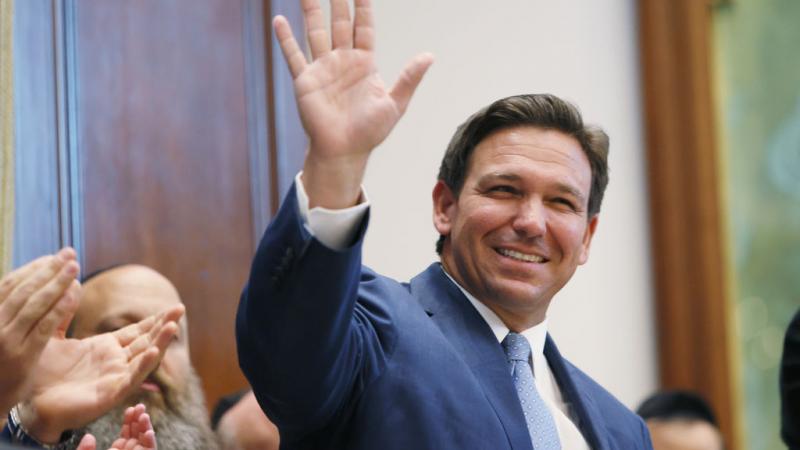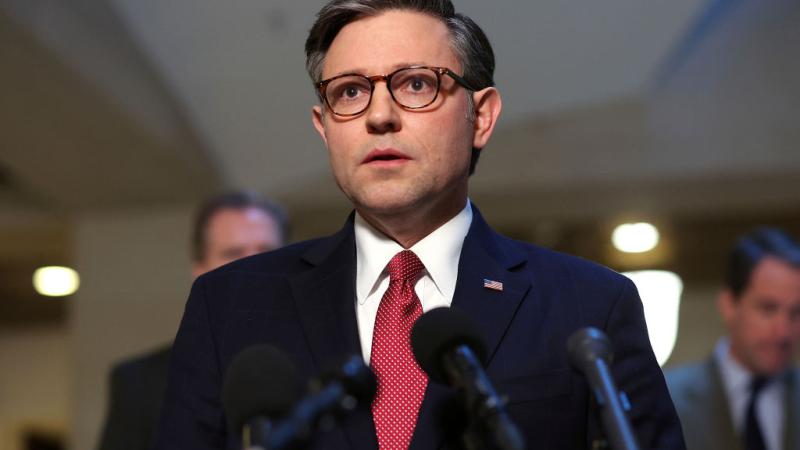'We're running out of time' to reform Social Security and Medicare, expert warns
Reforming the Social Security and Medicare trust funds, which are estimated to be exhausted in the next decade, could be "gradual and phased in" so they "don't take anyone by surprise," said budget expert Marc Goldwein.
The Congressional Budget Office warned this week that the Social Security Trust Fund will be exhausted within 10 years, and a federal budget expert is urging Congress to take action before it is too late.
In a report titled "The Outlook for Major Federal Trust Funds: 2020 to 2030," the CBO also warned that the Highway Trust Fund will be depleted by the end of next year.
"We know how to fund highway trust funds, you know, you raise the gas tax or you change the distribution of highway spending," Marc Goldwein, senior vice president and senior policy director at the Committee for a Responsible Federal Budget, told Just the News. "We know what to do about Social Security, you adjust the retirement age, you increase the amount of income subject to the tax. We know the options here. We just need the political will to come to an agreement, and we're running out of time."
The CBO has also projected that the Medicare Trust Fund will be exhausted by 2024.
Goldwein was asked if he has a message for lawmakers who might be reluctant to campaign on reforming Social Security and Medicare.
"Deal with this in 2021 and 2022," he said. "Make this a 2021, 2022 issue. Number one issue, address the pandemic, stabilize the economy, but very high on the list: We need a plan to start making changes to Social Security, Medicare and highway programs. So those changes can be thoughtful and gradual and phased in and don't take anyone by surprise."
"And by the way, Republicans, more revenue is going to be in these programs," Golden continued. "Democrats, we cannot continue to pay exactly what we're paying now growing with wage growth each year and expect to afford it. You're going to have to compromise."
Goldwein predicted that the general public would be receptive to a bipartisan plan to save Social Security for the next 75 years and reform Medicare.
"When the parties come together on a compromise in the spirit of shared sacrifice, where everyone is contributing to get something out of it, like saving Social Security for next 75 years, the public supports it," he said. "And we saw in 1983, not a single person lost their election for voting for the 1983 social equity amendments, which included both tax increases and benefit cuts."
Goldwein compared the entitlement reform situation to his work on the Simpson-Bowles federal budget reduction recommendations in 2010.
"Prior to putting out our initial recommendations, we got lots and lots of hate mail — people saying don't cut this, don't increase that," he said. "Once we actually put out recommendations and they saw that everybody was sharing in the solution, we started getting lots and lots of fan mail. I think people can have faith in the process, but the parties have to jump together and not beat each other up."













